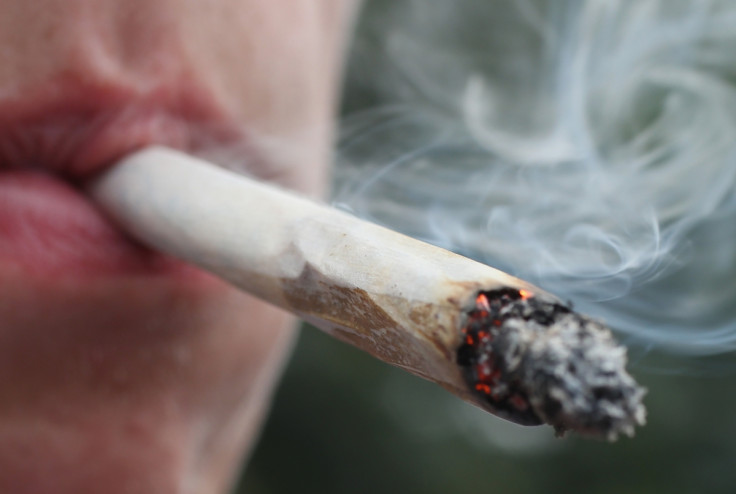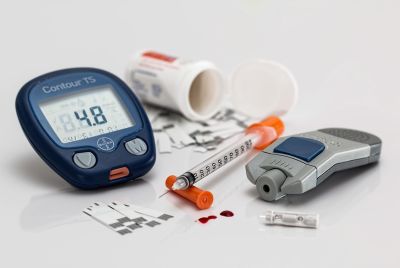Psychosis risk higher in cannabis users with AKT1 gene

A single gene has been identified that can show how susceptible a person is to developing psychosis after using cannabis. The discovery will help doctors and scientists identify individuals at most risk from developing serious mental health implications from use of the drug.
The study, reported in the journal Translational Psychiatry, describes the gene AKT1, which is prevalent in patients that have developed psychosis following the use of marijuana. This gene is found in almost half of the entire population - regardless of their health, or whether they use cannabis.
The research also shows that the health of the individual bears no reflection on their risk of mental illness, as this is the first study to assess the risk of psychosis on healthy patients.
Psychosis is a mental health illness that causes individuals to experience different things from those around them, including hallucinations and delusions. It is diagnosed in around one in 2,000 people.
"These findings are the first to demonstrate that people with this AKT1 genotype are far more likely to experience strong effects from smoking cannabis, even if they are otherwise healthy," said Celia Morgan, a researcher working on the study. "To find that having this gene variant means that you are more prone to mind-altering effects of cannabis when you don't have psychosis gives us a clue as to how it increases risk in healthy people.
"Putting yourself repeatedly in a psychotic or paranoid state might be one reason why these people could go on to develop psychosis when they might not have done otherwise. Although cannabis-induced psychosis is very rare, when it happens it can have a terrible impact on the lives of young people. This research could help pave the way towards the prevention and treatment of cannabis psychosis."
In order to find the discovery, the researchers from the University of Exeter, carried out a study comprised of 442 healthy participants who admitted using cannabis. The participants were invited to use the drug in laboratory conditions, and then scientists analysed them to test for the symptoms associated with psychosis – including memory loss and hallucinations.
Seven days later, the same individuals were tested again when completely sober. It was discovered that those expressing the AKT1 gene showed a higher risk of developing psychotic symptoms permanently.
"Our finding that psychotic-like symptoms when young people are 'stoned' are predicted by AKT1 variants is an exciting breakthrough," said Val Curran, co-author of the research. "This acute reaction is thought to be a marker of a person's risk of developing psychosis from smoking the drug."
Research has also shown that drugs like cocaine, amphetamine and ecstasy can act as a precursor to psychosis.
© Copyright IBTimes 2025. All rights reserved.






















